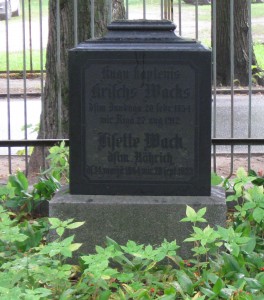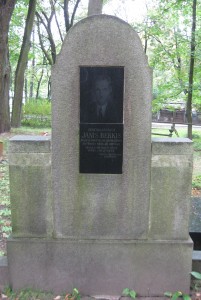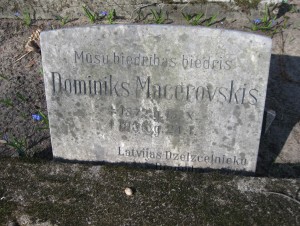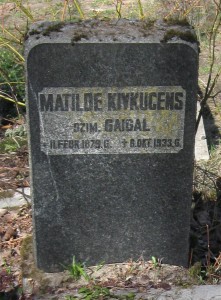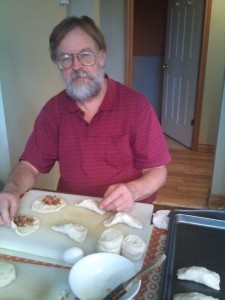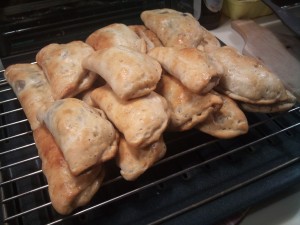Twelfth installment from the diary of my great-grandfather’s sister Alise, written during the First World War. When the diary starts, she is living just a few miles from the front lines of the Eastern Front, and is then forced to flee with her husband and two young daughters to her family’s house near Limbaži as the war moves even closer. For the background, see here.
December 31
The last day of this year. Oh the trials of this year, this very colourful year… the war continues with its bloody path. Brother Bruno has not written from his position in two months. Big battles are still taking place along the Daugava front, and for this reason the RÄ«ga and Vidzeme Christmases were spent together here at my father’s house, in a warm room by the bright tree and all sorts of festive goodies. Thank you to God for everything. Where and what for other refugees? Or for the poor soldiers, who spent their second Christmas on the battlefield!? And what about their wealthy Kurzeme – may the peace of the season also come there, but her citizens are dispersed everywhere, and those who stayed are crying in sorrow. Broken hearts – mothers cry after sons, pulling on many heartstrings, many wilted green dreams, many brides separated from their crowns [NB: Traditionally, unmarried women wore crowns of flowers or simple metal bands, while married women wore headscarves], so many indescribable pains, really tearing at your heart! White snowflakes, bring peace to the storm-weary hearts, bright shining stars please light new fires of hope in tired hearts, may the quiet night with its peace calm the heavy pains and wounds.
On the first festive morning our dear aunt Kaupiņa went to her peaceful eternal sleep, after a short illness in her 52nd year. No more time was destined for her, I’m sorry for her, she was a good, close and dear aunt and godmother. Happy however is the soul of this era, which flies to the Father, away from the horrors – who knows what the new day will hold, before the sun sets. Since she is no longer in LÄ“durga, that dear place seems even emptier for us, for yesterday aunty was taken to Limbaži and buried there in the embrace of the earth. She suffered and loved much in her life – now the tears have been cried, now the joy has been enjoyed, love has been loved… and now she is taken by death’s sleep.
It is now 10pm – we are awaiting the new year. Dagiņa is sleeping, TrÅ«tiņa is playing with the farmhands’ children in the kitchen, one needs to allow children to have a change in life, Father went to LÄ“durga with the men, who tomorrow will be heading back into the wide world – no more nests for mothers to guard. Soon we will ring in the new year. 1915 has written itself into the people’s memory and history with lead and blood, the iron fist strangling the whole world, destroying many peoples’ well-being. In the night of the old year, we peer into the forest (?), to try to get a glimpse of what the new year will bring – will it bring a full bag of presents, to distribute to all according to their wishes, or will it bring disappointment, suffering, new tests, new tears? In what strange conditions most of the Latvian people will await the new year… in foreign places, amongst foreign people, suffering through shortages and terrible conditions.
The heart sorrows, thinking about all of the longing for one’s homeland and the homes and farms that are now destroyed and trampled by enemies. Some soldier wrote a poem about the changes of this year: Oh! How many ties, how many strong ties, have been unravelled this year, still unravelling… And where you go – oh, nothing will bother you anymore, how many tears have been cried! Still crying… Oh! How many feelings, how many beautiful feelings, lost for life, still being lost… and in the embrace of the earth after a difficult fight. How many bodies decayed, still decaying, how many have laid down their lives in the fight for their fathers’ farms, still laying down their lives… But hope still grows about victory, about the holy morning… Oh homeland your heart is still healthy and untouched, even though it is bleeding! May the blood stay in the night of the old year.
With our spilled blood
We will avenge your suffering
And destroy the enemies!
From our ancestors’ farms they will be expelled!

